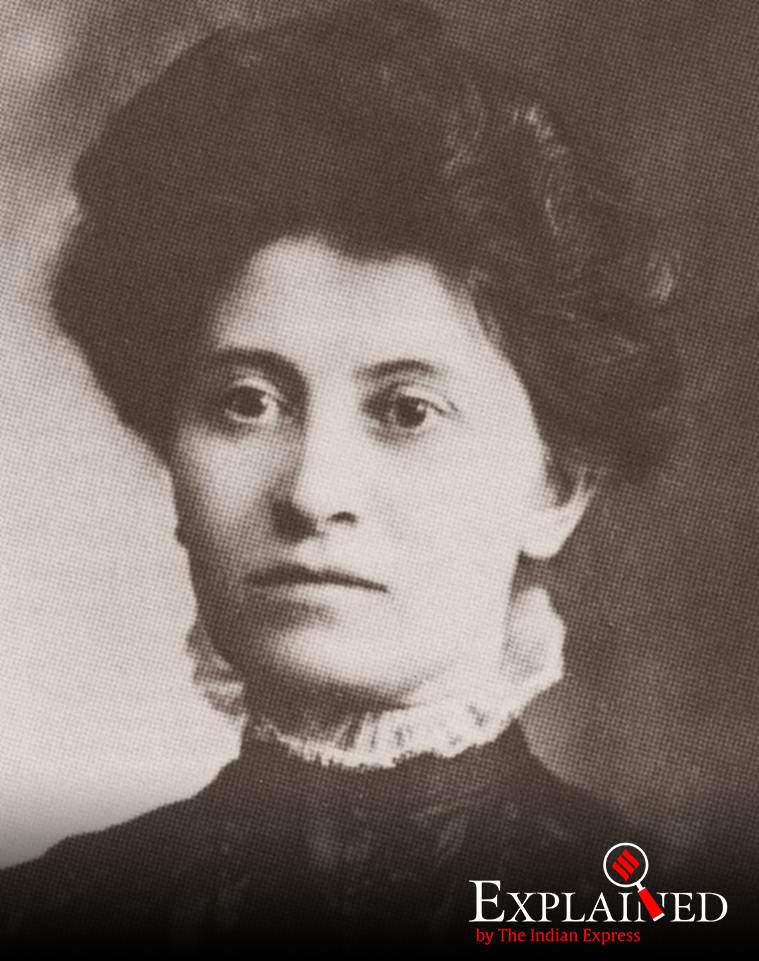Reported by Adrija Roychowdhury |Edited by Explained Desk |New Delhi |Published: March 8, 2019 7:29:53 am
Remembering Theresa Serber Malkiel, the forgotten woman behind International Women’s Day
It was Malkiel who first suggested the observance of a 'National Women’s Day' in the US. It was of crucial importance to her that women have the right to vote. She campaigned for the ballot in New York State and elsewhere.

The first Women’s Day was organised by the Socialist Party of America in New York in 1909. The date they chose was February 28. But over a century later, as International Women’s Day is observed across the world, the woman behind the idea is seldom remembered.
Theresa Serber Malkiel was born on May 1, 1874 in a little town called Bar, in the Polish part of the Russian Empire. Raised in a middle-class Jewish family, Malkiel spent her earliest years in an environment that was fuelling widespread anti-semitism across the Tsar’s empire.
The institutionalised restrictions placed on Jews in the last decades of the 19th century ensured a largescale exodus of the community, primarily to the Americas. Malkiel too landed in the United States in 1891. By then she had been exposed to the clandestine Jewish labour movement, the lessons from which she would apply in her new home in America.
It was Malkiel who first suggested the observance of a ‘National Women’s Day’ in the US, a concept that was soon picked up by countries across Europe. She also had several other contributions to the development of a robust women’s movement in America. She was particularly focused upon the mobilisation of immigrant working women in demanding basic rights and equality. In her later years, Malkiel lent a powerful voice to the movement for women’s suffrage.









.png)




























No hay comentarios:
Publicar un comentario